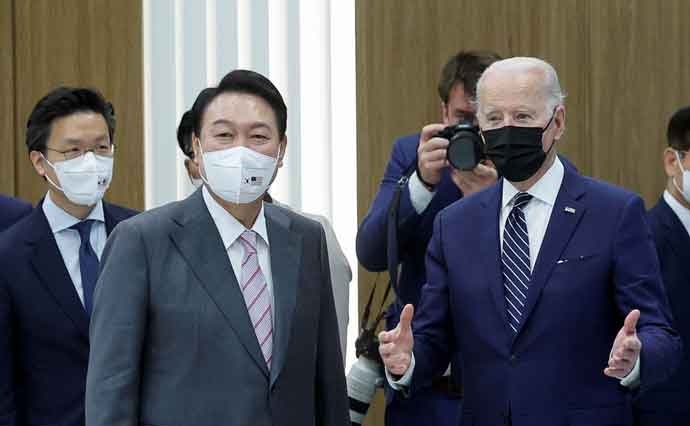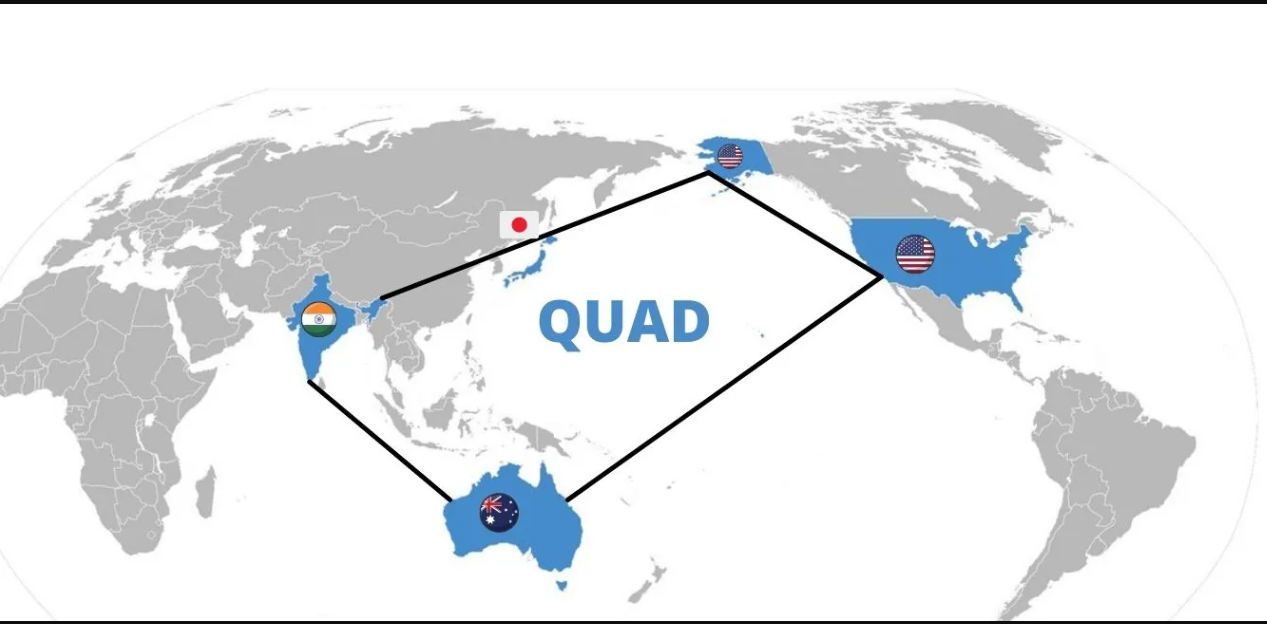Richard Javad Heydarian, Professorial Chairholder in Geopolitics, Polytechnic University of the Philippines
Aug 10, 2022
South Korea has become a dynamic economic force in the 21st century - and as a neighbor of China that hosts multiple U.S. army bases, has grown increasingly important as a potential player in the Quad’s designs for a security encirclement of China.
Richard Weitz, Senior Fellow, Hudson Institute
Jun 14, 2022
The Biden administration is prioritizing its foreign policy strategy in Asia by extensive outreach and alliances in the region. Strategic partnerships with other countries, particularly in the Indo-Pacific , are crucial for the U.S. to keep up with China’s growth in the region.
Lucio Blanco Pitlo III, President of Philippine Association for Chinese Studies, and Research Fellow at Asia-Pacific Pathways to Progress Foundation
Jun 11, 2022
The BRICS and Quad organizations, led by China and the U.S. respectively, have begun making competing overtures to nations in Asia in an attempt to counter each other’s influence.
Fan Jishe, Professor, the Central Party School of Communist Party of China
May 31, 2022
With President Joe Biden’s Asia tour and recent remarks by Secretary of State Antony Blinken, the United States has begun putting a Cold War notion into practice once again. But what has failed in the past will not likely succeed in the future.
David Shambaugh, Gaston Sigur Professor and Director of China Policy Program at George Washington University, Distinguished Visiting Fellow at Hoover Institution of Stanford University
May 31, 2022
As President Biden attends his first in-person meetings in Asia, who he’s visiting and their respective agendas can inform our observations on what the U.S. strategy will be in dealing with China’s neighbors.
Liu Chang, Assistant Research Fellow, Department for American Studies, CIIS
May 30, 2022
Lacking concrete detail, the framework is burdened by great uncertainty. Moreover, the United States seems to be sending a decoupling signal to China — a questionable strategy. If the U.S. continues along this line, it will be hard to win confidence and cooperation from countries in the Indo-Pacific region.
Tao Wenzhao, Honorary Member of the Chinese Academy of Social Sciences; Fellow, CASS Institute of American Studies
May 30, 2022
The IPEF as yet has no real content, so people are understandably mystified. America wants to drive a wedge between regional countries and China. But this won’t work, as China is already embedded. Supply chains will not be altered on a whim.

Zhao Minghao, Professor, Institute of International Studies at Fudan University, and China Forum Expert
May 24, 2022
Washington is looking to shore up its Indo-Pacific strategy by further roping in South Korea and Japan. Its strategy is alive and well despite the Russia-Ukraine conflict, and China’s peripheral diplomacy will continue to face thorny challenges.

Zainab Zaheer, Development Consultant
May 20, 2022
Besides tackling COVID-19 and climate change, a unifying force within the Quadrilateral Security Dialogue is undoubtedly the member countries’ response to China. As the May Quad summit is underway, analysts must assess both how the Quad will react to China as well as how China will respond to the Quad alliance.

Yang Wenjing, Research Professor, Institute of American Studies, CICIR
May 04, 2022
China is gaining influence for a reason: Its approach is helpful — and this irritates the United States. But the Solomon Islands is a sovereign country and as such is entitled to develop security relationships as it sees fit.
Back to Top

- China-US Focus builds trust and understanding between the U.S. and China through open dialogue among thought leaders.
- Our Offerings
- Topics
- Videos
- Podcasts
- Columnists
- Research Reports
- Focus Digest
- Stay Connected
-
Thanks for signing up!
- Get the latest stories from China-US Focus weekly.